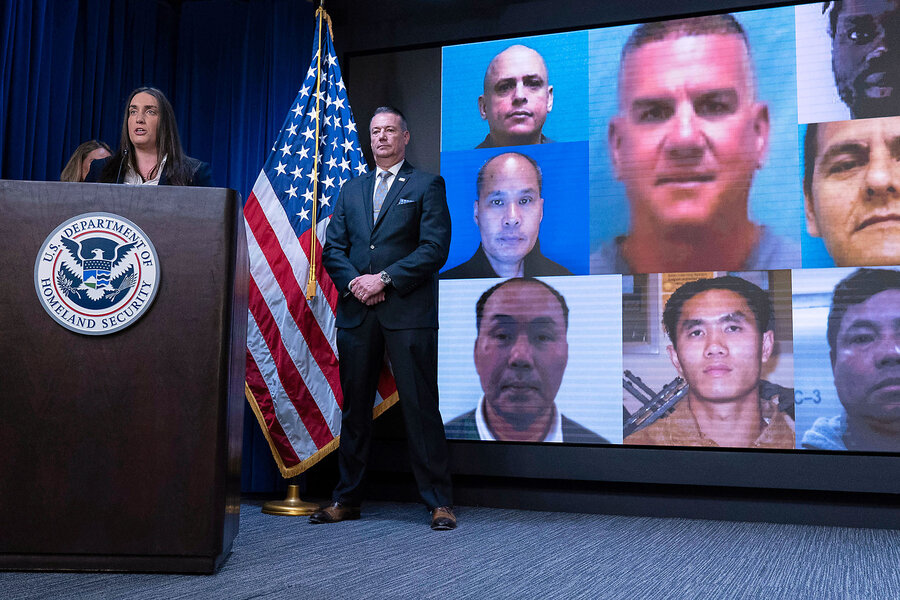Now Reading: US Supreme Court Backs Third-Country Deportation Policy
-
01
US Supreme Court Backs Third-Country Deportation Policy
US Supreme Court Backs Third-Country Deportation Policy

Quick Summary
- U.S. Supreme Court Ruling: The Supreme Court permitted the Trump governance to deport migrants to third countries willing to accept them, lifting a prior federal court block.
- Legal basis: U.S. law allows deportation of migrants to third countries where direct removal is deemed impractical or inadvisable, provided these nations offer credible assurances against persecution or torture.
- Controversy Over Due Process: Critics argue the government’s guidance bypasses legal protections for detainees who fear torture or persecution in third countries, violating international and U.S.standards under the Convention against Torture (CAT).
- Earlier Injunction: A federal judge had paused such removals in april but was overridden by this Supreme Court order.
- Self-reliant Challenges Continue: Legal experts express concern over government defiance of lower court orders and minimal oversight regarding deportations under emergency decisions from the judiciary.
[Image]: A plane carrying migrants from Central Asia and India deported from the United States lands at a Costa Rican airport.
Indian Opinion Analysis
This ruling may have indirect implications for India as part of broader trends in global migration policies.As indian nationals constitute significant migrant populations worldwide,any precedent allowing removal without thorough due process could raise concerns about human rights compliance internationally. While nations have sovereign rights over immigration enforcement, ensuring clarity and adherence to legal protections is critical for vulnerable groups facing potential risks like torture or persecution after relocation.
India benefits substantially from its diaspora and should monitor such developments closely while upholding its commitments under international human rights frameworks like CAT when dealing with similar cases domestically or globally. Balancing national interests with ethical duty remains key amidst evolving global migration challenges.

























